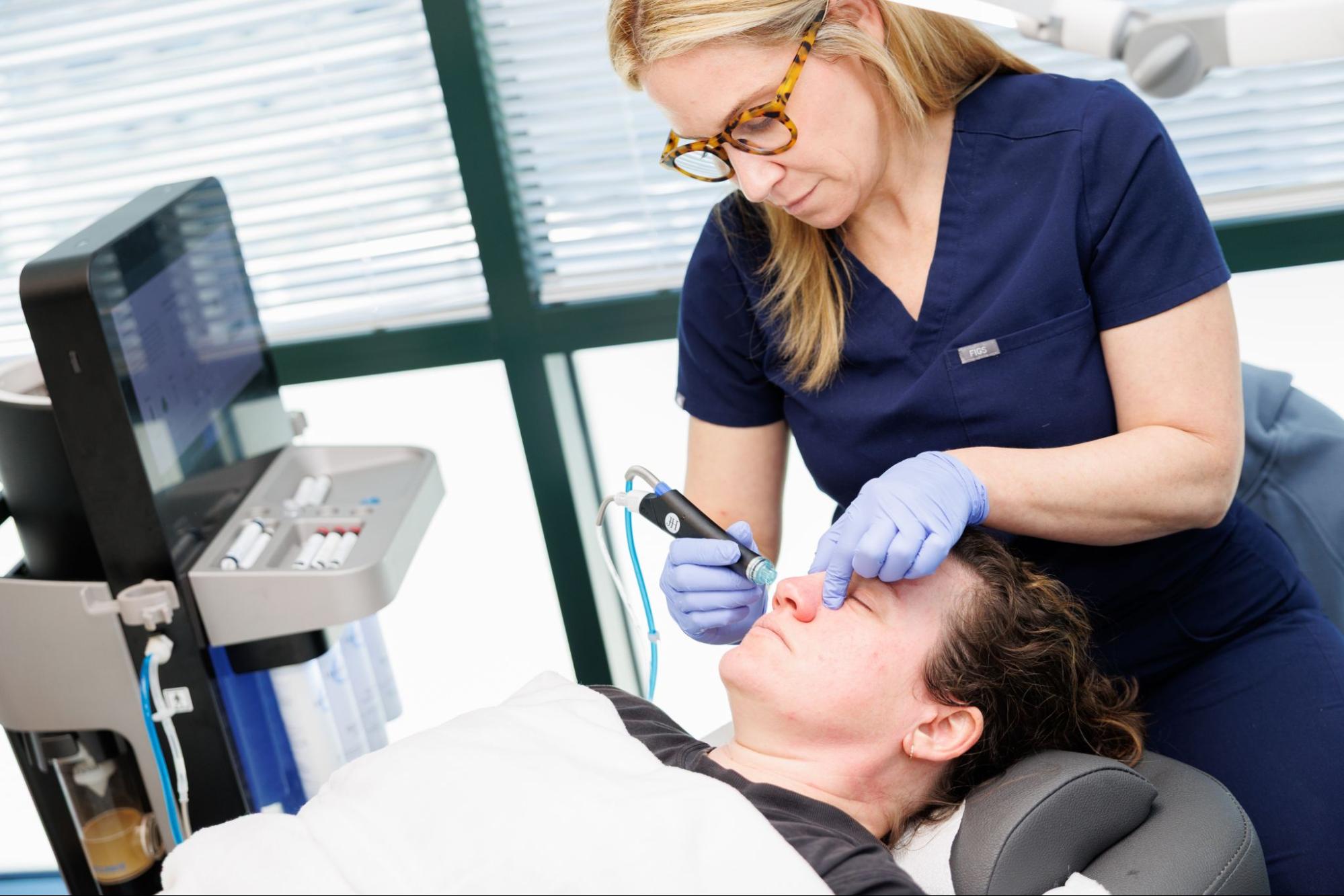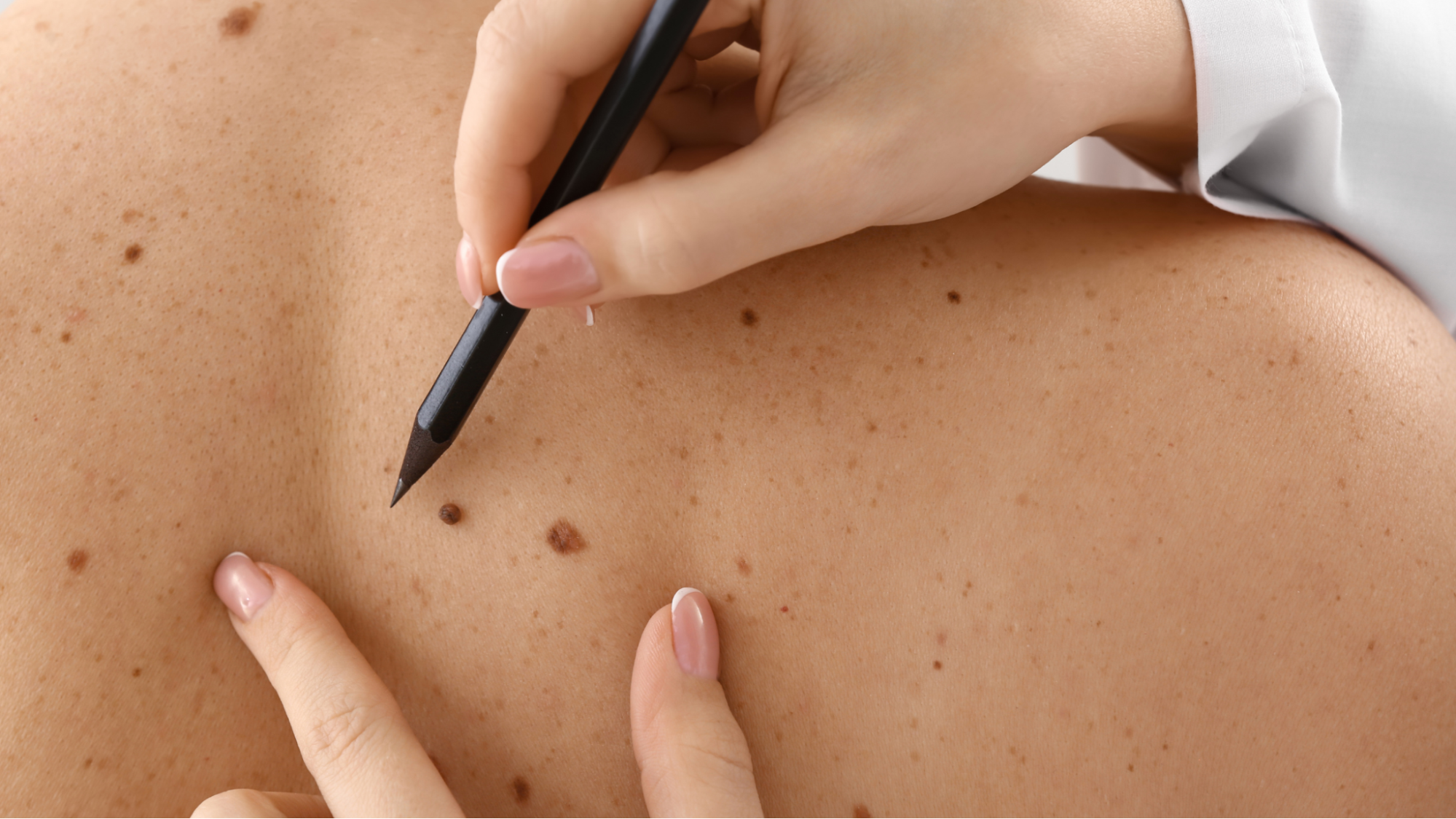As a dermatologist, I frequently encounter patients frustrated by the persistence of their acne despite various treatments. An often overlooked aspect of managing acne effectively is ensuring adequate intake of certain vitamins and minerals. This blog aims to shed light on how specific vitamins can contribute to clearer, healthier skin.
Understanding the Link Between Vitamins and Skin Health
Vitamins and minerals are vital for maintaining overall health, and their impact on skin health is significant. Deficiencies in key nutrients can exacerbate acne symptoms, while optimal levels can support skin repair and maintenance.
Vitamin A: Promoting Healthy Skin Turnover
Vitamin A, particularly in the form of retinoids, is integral in acne treatment. Retinoids promote healthy skin cell turnover, preventing the clogging of pores that can lead to acne. They also have anti-inflammatory properties that help reduce the redness and swelling associated with acne lesions. Furthermore, retinoids are effective in improving skin texture and reducing the appearance of acne scars, making them a cornerstone in acne management .
Vitamin D: Enhancing Immune Defense and Reducing Inflammation
Vitamin D plays a crucial role in the body’s immune response and has potent anti-inflammatory effects. Research indicates that individuals with acne often have lower levels of vitamin D. Supplementing vitamin D can help reduce the severity of acne by inhibiting the growth of acne-causing bacteria like Cutibacterium acnes and supporting overall skin health through improved hydration .
Vitamin E: Protecting and Moisturizing the Skin
Vitamin E is a powerful antioxidant that protects the skin from oxidative stress and environmental damage. It is also beneficial in maintaining skin moisture, which is crucial since many acne treatments can dry out the skin. Vitamin E works synergistically with vitamin C to enhance skin protection and repair, reducing the visibility of acne scars and hyperpigmentation .
Vitamin C: Supporting Collagen Production and Reducing Inflammation
Vitamin C is essential for collagen synthesis, which is vital for skin repair and regeneration. Its anti-inflammatory properties help reduce the redness and swelling of acne lesions, while its antioxidant effects protect the skin from free radical damage. Topical applications of vitamin C are particularly effective in lightening hyperpigmented spots and improving overall skin tone .
Zinc: Regulating Oil Production and Reducing Bacterial Growth
Zinc is a trace mineral with significant benefits for acne-prone skin. It has demonstrated antibacterial and anti-inflammatory effects, can help regulate sebum production, and plays a role in wound healing. Studies show that individuals with acne often have lower serum zinc levels, and supplementation can significantly reduce the number of inflammatory acne lesions .
Integrating Vitamins into Your Acne Treatment Plan
While vitamins and minerals are not a standalone solution for acne, they are a valuable part of a comprehensive treatment plan. A balanced diet rich in these nutrients, complemented by appropriate supplementation, can enhance skin health and support other acne treatments.
If you are considering vitamin supplements for managing acne, it is essential to consult with a healthcare professional to ensure proper dosage and avoid potential side effects. At Georgia Skin Specialists, we are committed to helping you achieve optimal skin health. Contact us for personalized advice and treatment plans tailored to your unique skincare needs.








